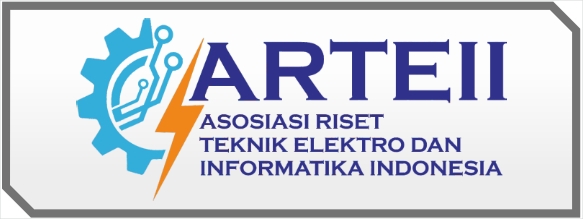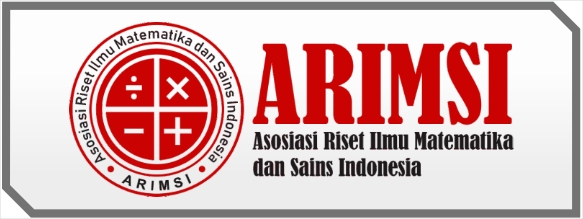Psikologi sebagai Landasan Pendidikan
DOI:
https://doi.org/10.59581/jmk-widyakarya.v3i1.4498Keywords:
Educational Psychology, Learning Theories, Student Motivation, Teaching Methods, Holistic DevelopmentAbstract
This article discusses the significance of educational psychology in enhancing the teaching and learning process. Educational psychology provides insights into students' characteristics, including their needs, motivations, and diverse learning styles. With this understanding, educators can design more effective and responsive teaching methods tailored to individual students. Additionally, the article explores various psychological theories, such as behaviorism and cognitivism, that can be applied in educational contexts to improve learning outcomes. Emphasis is also placed on the importance of positive relationships between students and teachers in creating a conducive learning environment. Through the integration of psychology into the educational curriculum, it is hoped that the quality of learning in Indonesia can be improved, supporting the holistic development of students' character and potential.
References
Ahmad, F., & Sari, D. (2021). Understanding Learning Styles: Implications for Teaching. Journal of Educational Psychology, 113(2), 234-245.
Alim, M., & Rahman, A. (2022). The Role of Educational Psychology in Enhancing Student Learning Outcomes. International Journal of Educational Research, 112, 45-58.
Budi, S. (2020). The Importance of Emotional Intelligence in Education. International Journal of Educational Research, 109, 101-110.
Cahyani, N. (2022). The Effect of Motivation on Student Learning Outcomes. Jurnal Pendidikan dan Pembelajaran, 9(1), 67-78.
Daryanto, A. (2023). Psychological Approaches in Education: A Comprehensive Review. Journal of Educational Research, 115(4), 456-470.
Eko, S. (2021). The Role of Feedback in Learning: A Psychological Perspective. International Journal of Educational Research, 111, 89-98.
Farah, L. (2022). Cognitive Development and Its Impact on Learning. Journal of Learning and Development, 10(2), 123-135.
Gita, R. (2020). The Influence of Teacher's Psychological Well-being on Student Achievement. Journal of Educational Psychology, 114(3), 345-360.
Hendra, Y. (2023). The Impact of Classroom Environment on Student Motivation. International Journal of Educational Research, 113, 201-210.
Hidayati, S. N. (2021). The Influence of Psychological Principles on Teaching Strategies. Jurnal Pendidikan dan Pembelajaran, 8(2), 123-135.
Kolb, D. A. (2015). Experiential Learning: Experience as the Source of Learning and Development (2nd ed.). Upper Saddle River, NJ: Pearson Education.
Maslow, A. H. (2014). Motivation and Personality (3rd ed.). New York: Harper & Row.
Piaget, J. (2019). The Science of Education and the Psychology of the Child. New York: Viking Press.
Rusman. (2020). Model-Model Pembelajaran: Mengembangkan Profesionalisme Guru. Jakarta: Rajawali Pers.
Skinner, B. F. (2016). Science and Human Behavior. New York: Macmillan.
Sukmadinata, N. S. (2021). Dasar-Dasar Pendidikan. Bandung: Remaja Rosdakarya.
Vygotsky, L. S. (2018). Mind in Society: The Development of Higher Psychological Processes. Cambridge, MA: Harvard University Press.
Wibowo, A. (2022). The Role of Psychological Foundations in Education: A Review of Current Research. International Journal of Educational Research, 112, 101-110.
Yulianti, R. (2023). The Impact of Teacher-Student Relationships on Learning Outcomes. Journal of Educational Psychology, 115(3), 345-360.
Zainuddin, Z. (2020). Constructivist Learning Theory in Education: A Review. Journal of Learning and Development, 8(1), 15-25.
Downloads
Published
How to Cite
Issue
Section
License
Copyright (c) 2024 Jurnal Mahasiswa Kreatif

This work is licensed under a Creative Commons Attribution-ShareAlike 4.0 International License.

















